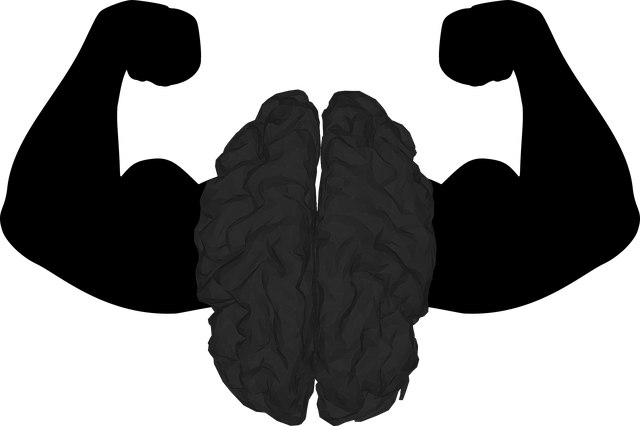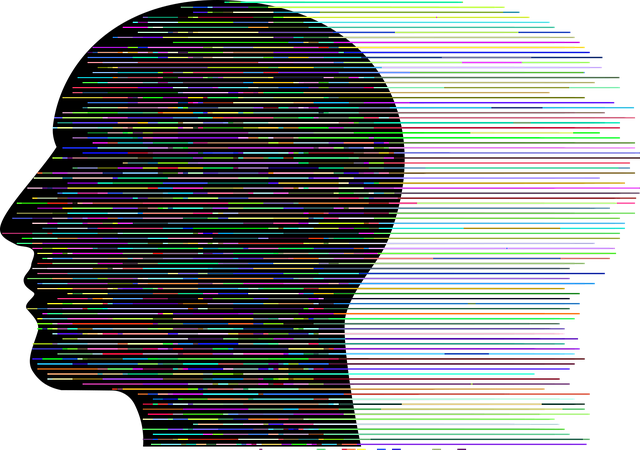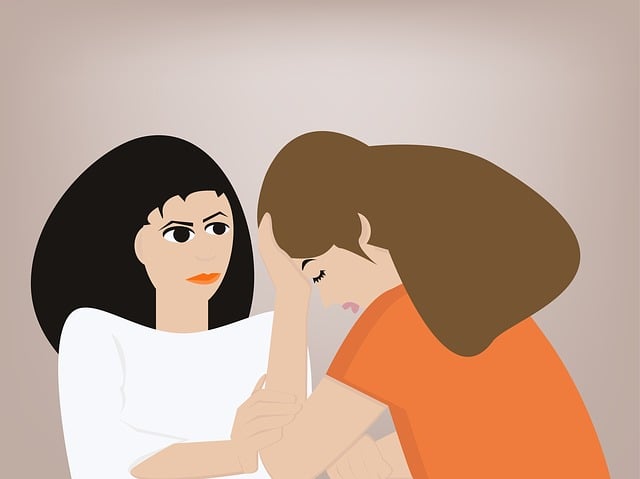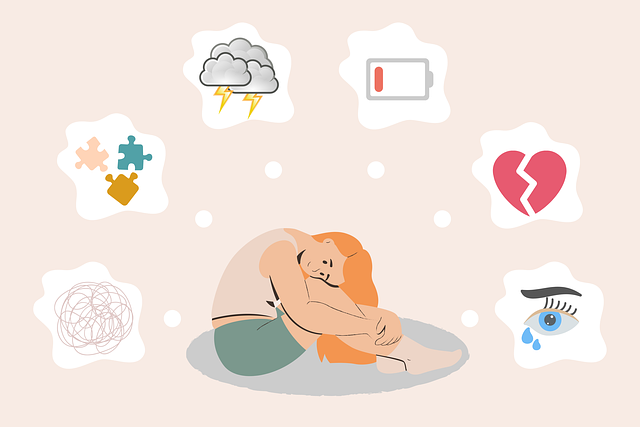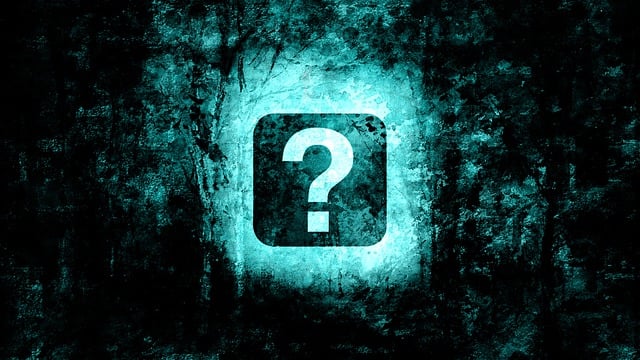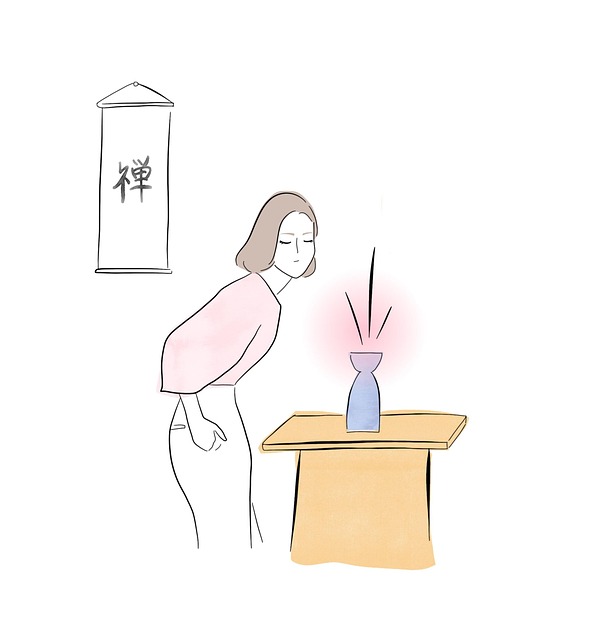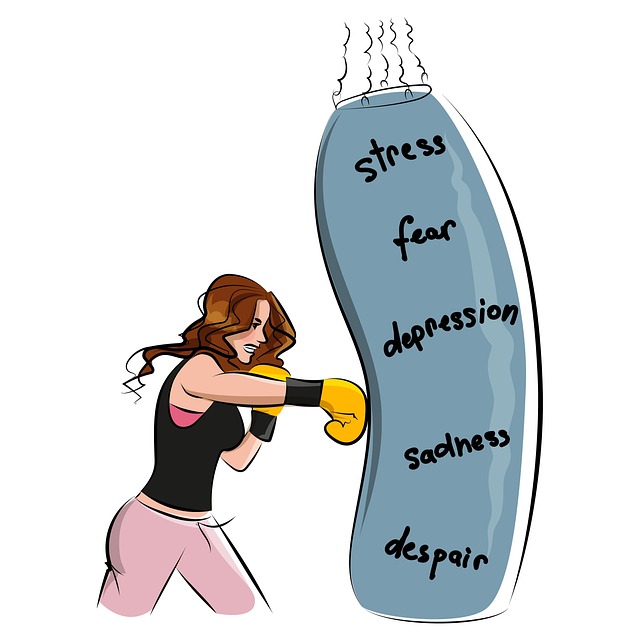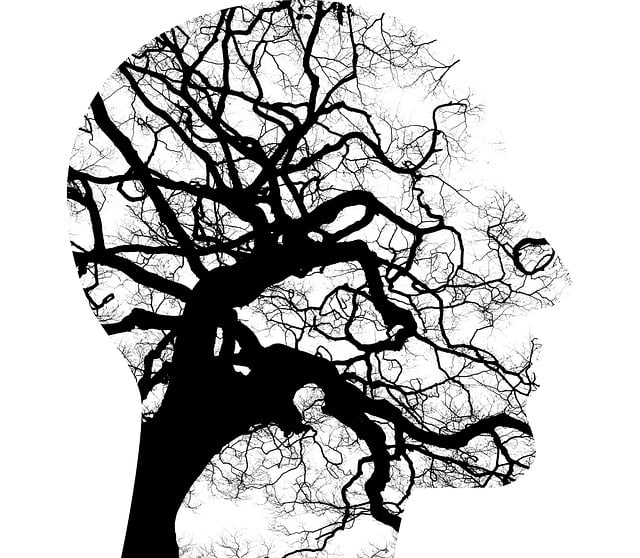Conduct Disorder (CD) in adolescent teens is a serious mental health condition characterized by aggressive behavior and non-compliance. Early identification is crucial, as successful treatment involves multidisciplinary approaches including behavioral therapy, CBT, and medication management. Understanding genetic predispositions, environmental factors, and brain development issues aids professionals in tailoring risk assessment and treatment strategies. Public campaigns highlight the importance of early intervention through therapy for CD, promoting emotional healing and breaking stigma. Parents, caregivers, and educators can foster self-awareness in teens using open communication and practices like mindfulness meditation and positive thinking. Tailored professional therapy, family support, peer groups, and online resources are vital for adolescent recovery from CD, enhancing resilience and long-term mental wellness.
Mental wellness promotion is a vital aspect of adolescent development, especially in addressing conduct disorder—a serious emotional and behavioral disturbance among teens. This comprehensive article delves into the intricacies of this disorder, highlighting the importance of early recognition and intervention. We explore effective therapeutic approaches tailored to adolescent teens with conduct disorder, emphasizing the role of support systems and resources in their recovery journey. Understanding these strategies is key to providing the necessary help for affected youth.
- Understanding Conduct Disorder in Adolescent Teens
- The Importance of Mental Wellness Promotion
- Recognizing Signs and Early Intervention
- Therapeutic Approaches for Teen Conduct Disorder
- Support Systems and Resources for Adolescent Recovery
Understanding Conduct Disorder in Adolescent Teens

Conduct Disorder (CD) is a serious mental health condition often diagnosed in adolescent teens, characterized by persistent and repeated violations of rights of others or societal norms. This disorder can manifest as aggressive behavior, non-compliance with rules, and disregard for social expectations. Early identification is crucial, as it allows for timely intervention and the best chance at successful treatment outcomes. Therapy for Adolescent Teens Conduct Disorder typically involves a multidisciplinary approach, combining behavioral therapy, cognitive-behavioral therapy (CBT), and sometimes medication management.
Understanding the underlying causes, which can include genetic predisposition, environmental factors, and brain development issues, is essential for professionals in mental health services. Risk assessment plays a vital role in determining the appropriate treatment strategies, ensuring that both the teen and their support system receive adequate guidance. Incorporating stress management techniques and encouraging self-care routine development for better mental health can significantly contribute to managing CD symptoms, fostering positive behavior changes, and promoting overall well-being.
The Importance of Mental Wellness Promotion

Mental wellness promotion plays a pivotal role in fostering healthy and productive communities. With increasing awareness about mental health issues among adolescents, there is a growing need for comprehensive strategies that address emerging challenges. Conduct disorder, a common concern among teens, highlights the importance of early intervention and support. Therapy for adolescent teens with conduct disorder not only helps in managing symptoms but also facilitates emotional healing processes.
Public awareness campaigns play a crucial role in this regard, shedding light on the signs and symptoms of mental health disorders. By raising public consciousness, these campaigns encourage open conversations about mental wellness, breaking down stereotypes and stigma. Furthermore, they contribute to the development of supportive environments where teens feel empowered to seek help for their emotional well-being, leading to better mood management and improved quality of life.
Recognizing Signs and Early Intervention

Recognizing signs of mental health struggles early is vital for adolescent teens, especially those at risk for conditions like Conduct Disorder. Parents, caregivers, and educators play a crucial role in navigating this process by fostering self-awareness exercises that encourage open communication about emotions and behaviors. By integrating practices such as mindfulness meditation and positive thinking into daily routines, adults can help teens develop coping mechanisms and build resilience.
Early intervention through therapy for adolescent teens with Conduct Disorder can significantly alter their trajectory. Mindfulness exercises, for instance, teach present-moment awareness, helping individuals detach from negative thoughts and emotions without judgment. Positive thinking strategies empower teens to reframe challenges and cultivate a more optimistic outlook. These proactive measures not only support overall mental wellness but also provide valuable tools for navigating future stressors.
Therapeutic Approaches for Teen Conduct Disorder

Teen Conduct Disorder (TCD) is a complex mental health challenge that can significantly impact an adolescent’s life. Thankfully, various therapeutic approaches have proven effective in treating TCD and promoting mental wellness among teens. Cognitive Behavioral Therapy (CBT), for instance, focuses on identifying and changing negative thought patterns and behaviors, empowering teenagers to manage their mood more effectively. This form of therapy teaches valuable skills like problem-solving, decision-making, and coping strategies, which are crucial for emotional regulation and overall mental health.
Additionally, Mindfulness Meditation has emerged as a powerful tool within the realm of TCD treatment. By encouraging present-moment awareness, mindfulness practices help teens cultivate a non-judgmental attitude towards their thoughts and emotions. Regular meditation sessions can enhance self-awareness, reduce impulsive behaviors, and improve overall mood management. Integrating activities like Mindfulness Meditation into therapy allows for a holistic approach to mental wellness, addressing the root causes of TCD while fostering resilience and self-care habits in adolescent teens.
Support Systems and Resources for Adolescent Recovery

Adolescent recovery from mental health challenges, especially those with conduct disorders, requires a robust support system. This often includes professional therapy tailored to their unique needs, such as cognitive-behavioral therapy (CBT) and dialectical behavior therapy (DBT), which have proven effective in managing symptoms and fostering positive behavioral changes. The involvement of family, friends, and peers is equally vital in providing emotional support and encouraging a sense of belonging.
Building strong support networks helps adolescents develop resilience and boost their confidence, crucial factors in preventing burnout and promoting long-term mental wellness. By connecting them with like-minded individuals and offering guidance, these systems enable teens to navigate their challenges more effectively. Resources specifically designed for adolescent recovery, including peer support groups and online platforms, can also play a significant role in providing additional tools for coping and fostering a sense of community.
Promoting mental wellness in adolescent teens is paramount, especially in addressing conduct disorder. By understanding this complex issue, recognizing early signs, and implementing effective therapeutic approaches like those tailored for conduct disorder in teens, we can foster better outcomes. Support systems and resources play a crucial role in recovery, ensuring young individuals receive the care they need to navigate their challenges and thrive. Remember that with the right strategies, including therapy for adolescent teens conduct disorder, we can create a more supportive environment for their holistic development.
